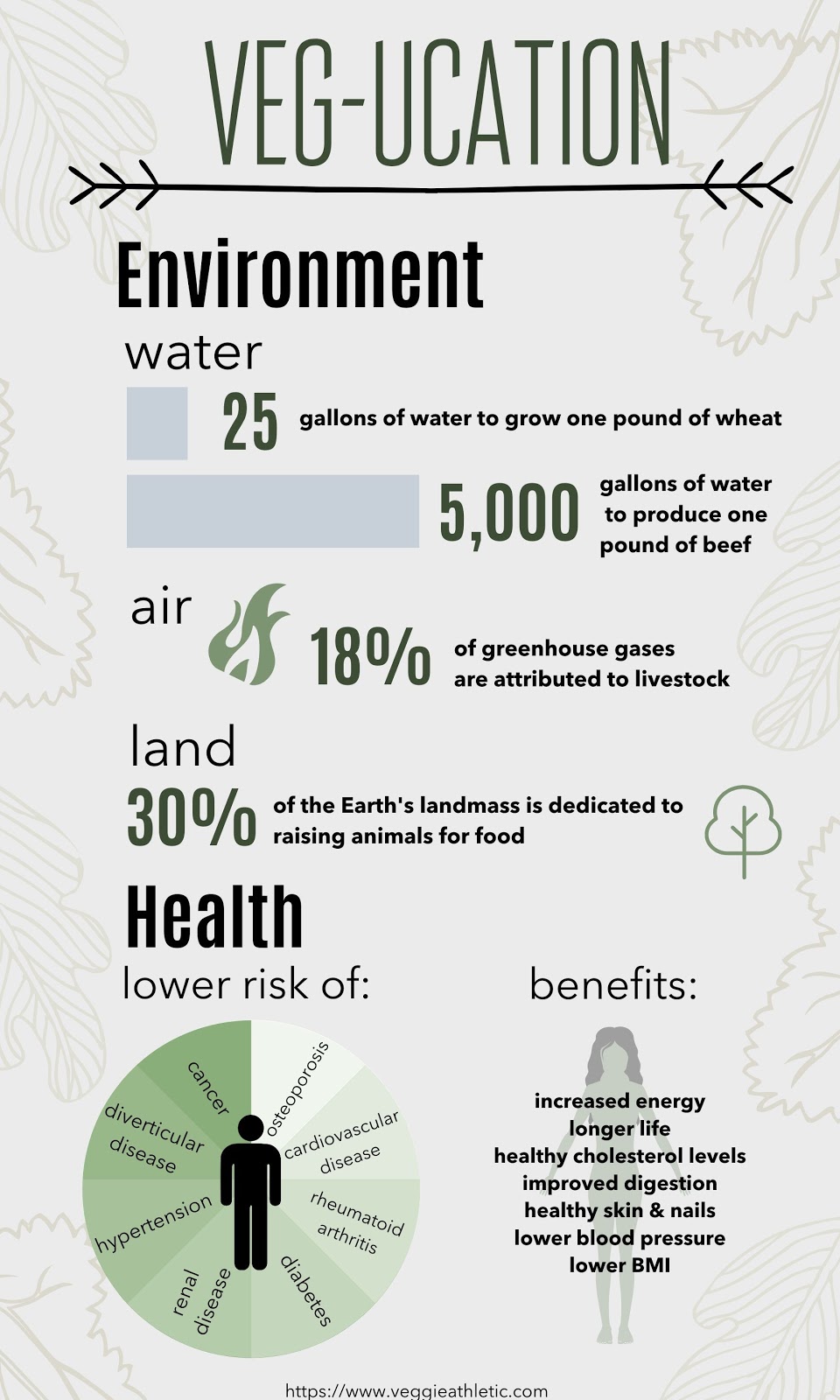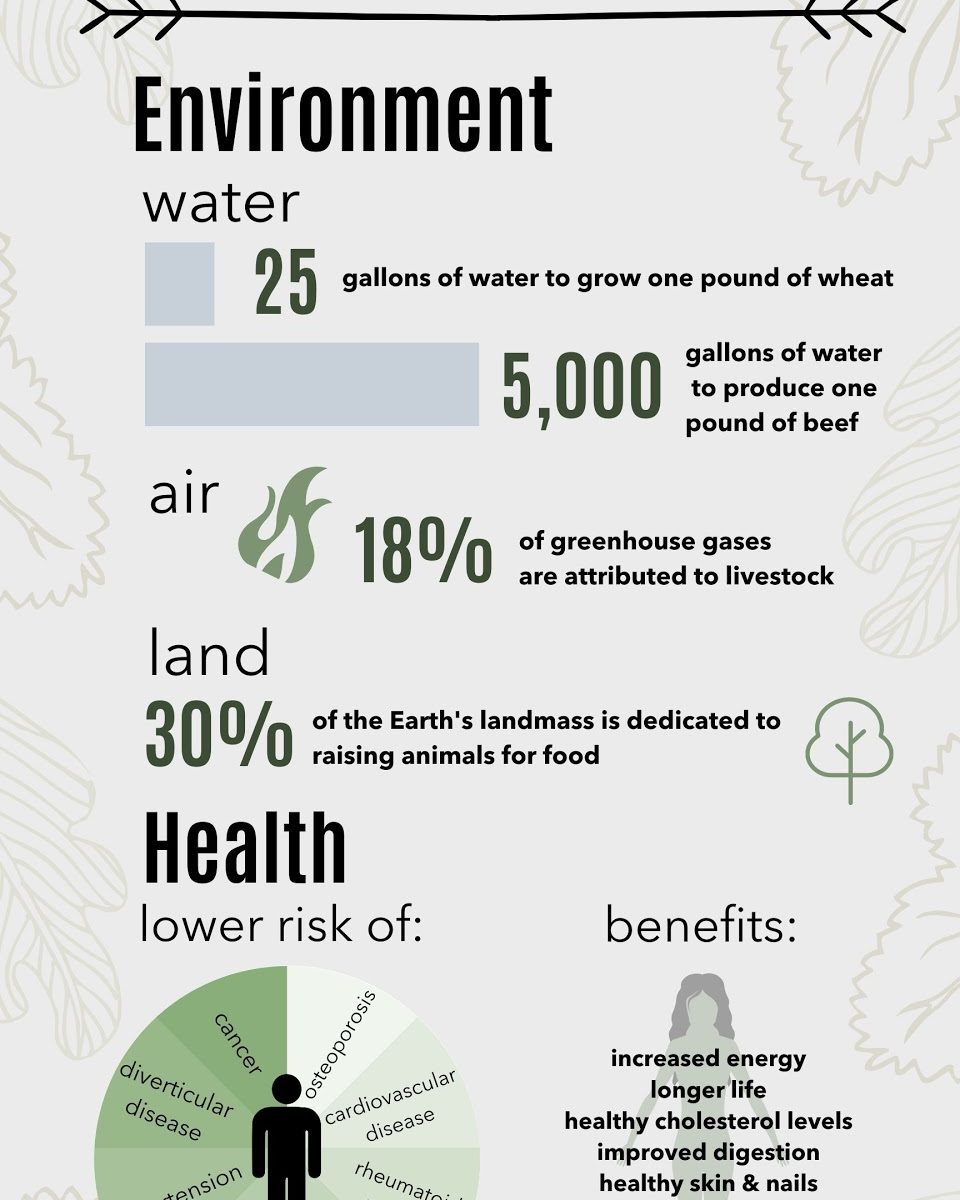
(Brooklyn Madden/TommieMedia)
What comes to mind when you hear the phrase “veggie burger”? A sad, tasteless patty of corn, black beans, peas and carrots, perhaps?
Plant-based burgers receive a lot of criticism, mostly because consumers see the word “burger” and expect an equal alternative to a hamburger. Now, more and more plant-based products are coming out that rival “the meat-eating experience.”
This evolution is evident in the rise in sales of plant-based meat alternatives. The NPD Group recently reported a sales increase of almost $75 million this year.
But this increase wouldn’t be possible without the availability of meat alternatives—especially plant-based burgers—in restaurants. Some “flexitarians,” or someone who eats a mostly plant-based diet but occasionally eats meat or fish, want to eat a vegetarian meal but are not given the opportunity to do so.
The NPD study also found that 16% of Americans “regularly” use plant-based versions of meat and dairy products, e.g. nut milks. The caveat is that 89% of these Americans do not classify themselves as vegetarian or vegan.
To me, this suggests if a wider variety and quantity of plant-based products were available, then more people would purchase them over their meat and dairy counterparts.
By decreasing the demand for animal products, we could better combat climate change.
One of the leading causes of air and water pollution is animal agriculture, and the meat industry alone is responsible for almost 20% of global greenhouse gas emissions. The industry is also the culprit of much of the deforestation in the Amazon Rainforest.
The increased availability of plant-based products would also lead to a healthier population. Decreasing meat consumption also decreases the chances of heart disease, certain types of cancers, strokes, diabetes and other chronic illnesses. Increasing plant intake reduces oxidative stress, a process that damages the body’s cells, and vegetarians usually have lower levels of oxidative stress.
By providing more alternatives to animal-based goods, restaurants and grocery stores give people the opportunity to incorporate more plant-based products into their diets. Even just small or occasional switches can stem global warming and promote well-being.
Consumers are interested in plant-based products, as the trends have proven. It’s time to meet this demand.
Kayla Mayer can be reached at maye8518@stthomas.edu.


Unfortunately, on a planet that has nearly 8 billion human consumers, veganism isn’t going to make much difference. We’re ignoring the real problem and getting sidetracked by the idea of more veggie burgers….
http://globalcomment.com/why-climate-change-is-an-irrelevance-economic-growth-is-a-myth-and-sustainability-is-forty-years-too-late/